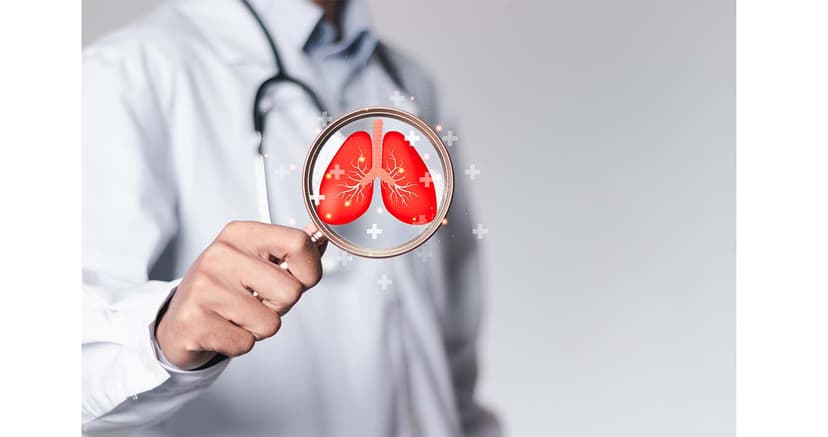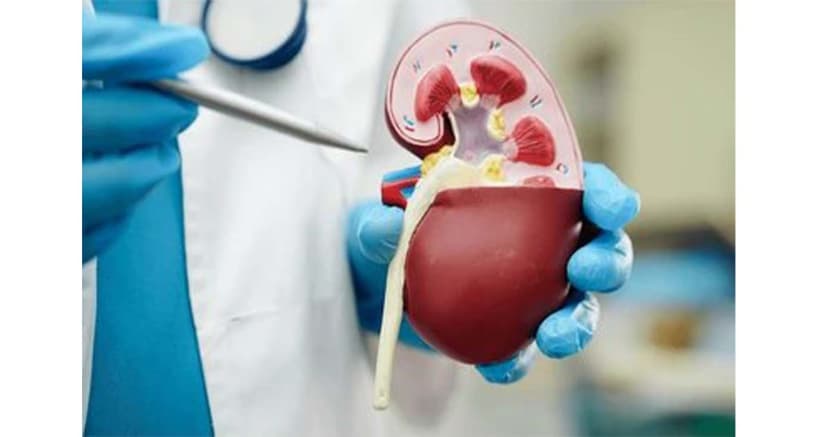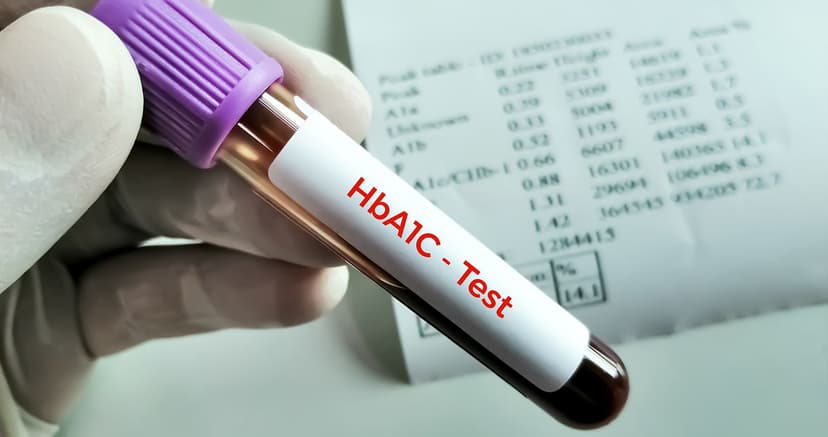What is Blood Pressure? Practical Tips for Managing High and Low Blood Pressure
By:

Apex Hospitals
22-04-2024

Blood pressure plays a vital role in maintaining our overall health and well-being. It is the force exerted by the blood against the walls of our arteries as it circulates through our body. Understanding blood pressure is crucial as it helps us identify and manage potential health risks. In this article, I will provide comprehensive information about high blood pressure (hypertension) and low blood pressure (hypotension), including their symptoms, causes, risks, complications, and practical tips for managing both conditions.
Understanding high blood pressure (hypertension)
High blood pressure, also known as hypertension, is a common medical condition that occurs when the force of blood against the artery walls is consistently too high. This puts extra strain on the heart and blood vessels, potentially leading to serious health problems. Hypertension is often referred to as a "silent killer" because it may not present any symptoms until it has already caused significant damage.
Symptoms and causes of high blood pressure
In most cases, high blood pressure does not cause noticeable symptoms. However, some individuals may experience symptoms such as:
1. Headaches
2. Shortness of Breath
3. Dizziness
4. Chest Pain
5. Visual Disturbances
6. Irregular Heartbeats
7. Pounding in the Chest, Neck or Ears
It is important to note that these symptoms are not exclusive to high blood pressure and can indicate other health issues.
Several factors contribute to the development of high blood pressure. These include:
1. Genetics
2. Age
3. Lifestyle Choices
4. Underlying Medical Conditions
5. A Family History of Hypertension
6. A Sedentary Lifestyle
7. Excessive Salt Intake
8. Obesity
9. Smoking
10. Alcohol Consumption
11. Stress
12. Certain Chronic Conditions like Diabetes and Kidney Disease can significantly increase the risk of developing high blood pressure.
Risks and complications associated with high blood pressure
If left uncontrolled, high blood pressure can lead to various complications such as:
1. Heart Disease
2. Stroke
3. Kidney Damage
4. Vision Loss
5. Cognitive Decline.
Monitor and manage your blood pressure to prevent these serious health risks. Regular check-ups with your healthcare provider can help identify high blood pressure early and implement appropriate interventions.
Tips for managing high blood pressure
Managing high blood pressure requires a holistic approach that combines lifestyle modifications, dietary changes, and, in some cases, prescribed medications. Here are some practical tips to help you control your blood pressure levels:
1. Adopt a healthy diet: Incorporate a balanced diet rich in fruits, vegetables, whole grains, lean proteins, and low-fat dairy products. Limit your sodium intake and avoid processed foods that are high in salt.
2. Maintain a healthy weight: Losing excess weight can significantly lower your blood pressure. To achieve and maintain a healthy weight, engage in regular physical activity, such as brisk walking, swimming, or cycling.
3. Monitor your blood pressure: Regularly check and record your blood pressure readings at home using a reliable monitor. This will help you and your healthcare provider track your progress and adjust your treatment plan.
4. Reduce stress: Find healthy ways to manage stress, such as practicing yoga, meditation, deep breathing exercises, or engaging in hobbies that bring joy and relaxation.
5. Limit alcohol consumption: Excessive alcohol intake can raise your blood pressure levels. It is recommended to limit alcohol to moderate or no more than one drink per day for women and two drinks per day for men.
6. Quit smoking: Smoking can cause a temporary increase in blood pressure and damage your blood vessels. Quitting smoking improves your overall health and helps lower your blood pressure.
It is important to consult with your healthcare provider for personalized advice and guidance in managing your high blood pressure. They may prescribe medications, such as diuretics, beta-blockers, or ACE inhibitors, to control your blood pressure if necessary.
Understanding low blood pressure (hypotension)
While high blood pressure is widely known and discussed, low blood pressure, or hypotension, is less commonly understood. Hypotension occurs when the force of blood against the artery walls is consistently too low. While it is generally considered desirable to have low blood pressure, deficient levels can cause symptoms and complications.
Symptoms and causes of low blood pressure
Low blood pressure is often associated with symptoms such as:
1. Dizziness
2. Light-Headedness
3. Fainting
4. Blurred Vision
5. Fatigue
6. Nausea
7. Cold and Clammy Skin.
These symptoms may worsen when standing up quickly or after prolonged sitting or lying.
Several factors can contribute to low blood pressure, including:
1. Dehydration
2. Heart Problems
3. Endocrine Disorders
4. Certain Medications
5. Nutritional Deficiencies
6. Pregnancy.
Identifying the underlying cause of low blood pressure is essential to determine the appropriate management strategies.
Risks and complications associated with low blood pressure
While low blood pressure is generally well-tolerated by most individuals, deficient levels can result in reduced blood flow to vital organs, leading to complications such as shock, organ damage, and even unconsciousness. It is crucial to seek medical attention if you experience severe symptoms or if your blood pressure drops suddenly without apparent cause.
Tips for managing low blood pressure
Managing low blood pressure involves various lifestyle modifications and self-care strategies. Here are some tips to help you manage low blood pressure effectively:
1. Stay hydrated: Drink adequate water throughout the day to maintain proper hydration. Dehydration can contribute to low blood pressure.
2. Eat smaller, frequent meals: Consuming smaller meals more frequently can help prevent a sudden drop in blood pressure after eating. Focus on nutrient-dense foods and avoid large, heavy meals.
3. Avoid sudden changes in position: Take your time when transitioning from lying down to sitting or standing up. This can help prevent dizziness and light-headedness caused by a rapid drop in blood pressure.
4. Wear compression stockings: Compression stockings help improve blood flow in the lower extremities and can alleviate symptoms of low blood pressure, especially when standing or sitting for long periods.
5. Increase salt intake: Consult with your healthcare provider about increasing your salt intake if you have low blood pressure. Salt helps retain fluid in the body and can raise blood pressure levels.
6. Exercise regularly: Regular physical activity, under the guidance of your healthcare provider, can help improve blood circulation and stabilize blood pressure levels.
If an underlying medical condition causes your low blood pressure, your healthcare provider may recommend specific treatments or medications to address the root cause.
Natural remedies for regulating blood pressure
In addition to lifestyle modifications, specific natural remedies may help regulate blood pressure levels. However, it is essential to consult with your healthcare provider before incorporating any supplements or alternative therapies. Some natural remedies that have shown promising results in managing blood pressure include:
1. Garlic: Garlic has been associated with modest reductions in blood pressure levels. Incorporate fresh garlic into your cooking or consider garlic supplements under the guidance of your healthcare provider.
2. Hibiscus tea: Drinking hibiscus tea has been shown to have a slight antihypertensive effect. Enjoy a cup of hibiscus tea daily as part of a healthy diet.
3. Coenzyme Q10: Coenzyme Q10 is an antioxidant that may help lower blood pressure. It is available as a supplement and should be taken under the guidance of your healthcare provider.
4. Fish oil: Omega-3 fatty acids found in fish oil have been associated with modest reductions in blood pressure. Consider incorporating fatty fish or fish oil supplements into your diet.
Remember, natural remedies should not replace prescribed medications or medical advice. Always consult your healthcare provider before making any changes to your treatment plan.
Medications and treatments for blood pressure management
Sometimes, lifestyle modifications alone may not be sufficient to manage high or low blood pressure. Your healthcare provider may prescribe medications to help control your blood pressure. The choice of medication will depend on various factors, including your overall health, the severity of your condition, and any underlying medical conditions you may have. Some common medications used for blood pressure management include:
1. Diuretics: Diuretics help eliminate excess fluid from the body, reducing blood volume and blood pressure.
2. Beta-blockers: Beta-blockers reduce the workload on the heart by blocking the effects of adrenaline. This helps lower blood pressure and heart rate.
3. ACE inhibitors: ACE inhibitors relax blood vessels, making it easier for blood to flow through them, thus lowering blood pressure.
4. Calcium channel blockers relax and widen blood vessels, improving blood flow and reducing blood pressure.
5. Angiotensin II receptor blockers (ARBs): ARBs block the effects of angiotensin II, a hormone that causes blood vessels to narrow. This helps lower blood pressure.
It is essential to take prescribed medications as directed by your healthcare provider and attend regular follow-up appointments to monitor your blood pressure and make any necessary adjustments to your treatment plan.
Conclusion
Maintaining healthy blood pressure levels is crucial for overall well-being. Understanding high and low blood pressure and its symptoms, causes, risks, complications, and effective management strategies empowers us to take control of our health. By adopting a healthy lifestyle, seeking medical advice when needed, and following healthcare professionals' guidance, we can effectively manage blood pressure and reduce the risk of associated complications. Remember, if you experience any symptoms or concerns related to blood pressure, consult our experts and book your appointment now for personalized advice and support.
FAQS
Related Articles
Connect With Us
Health In A Snap, Just One App.
KNOW MORE



































































































